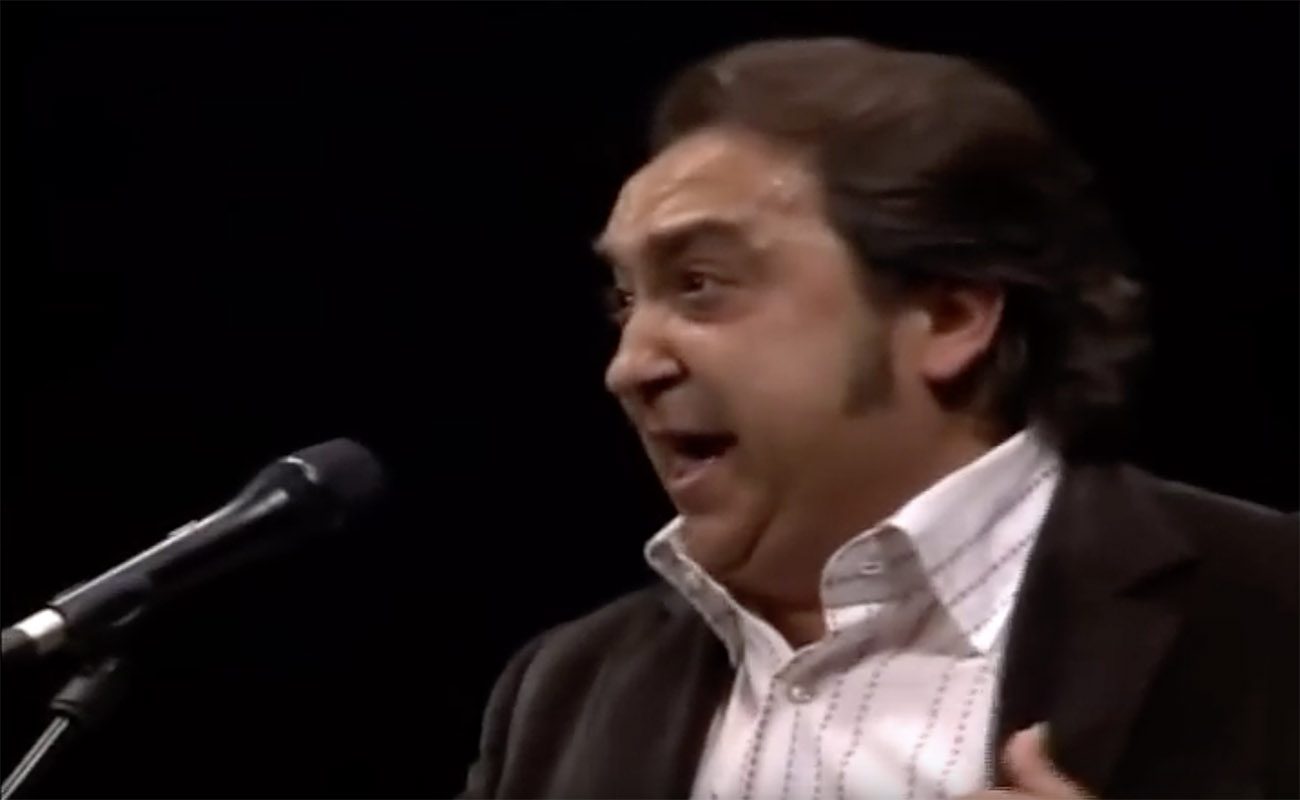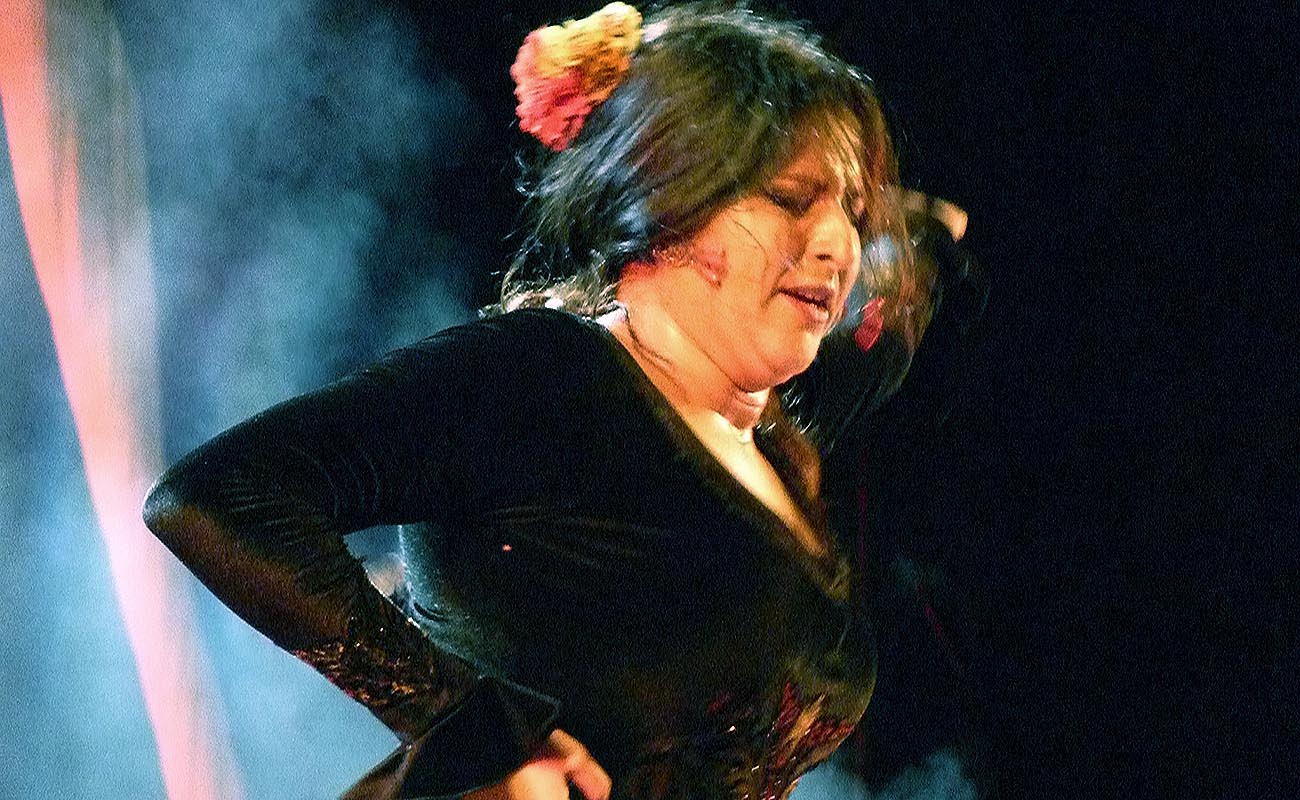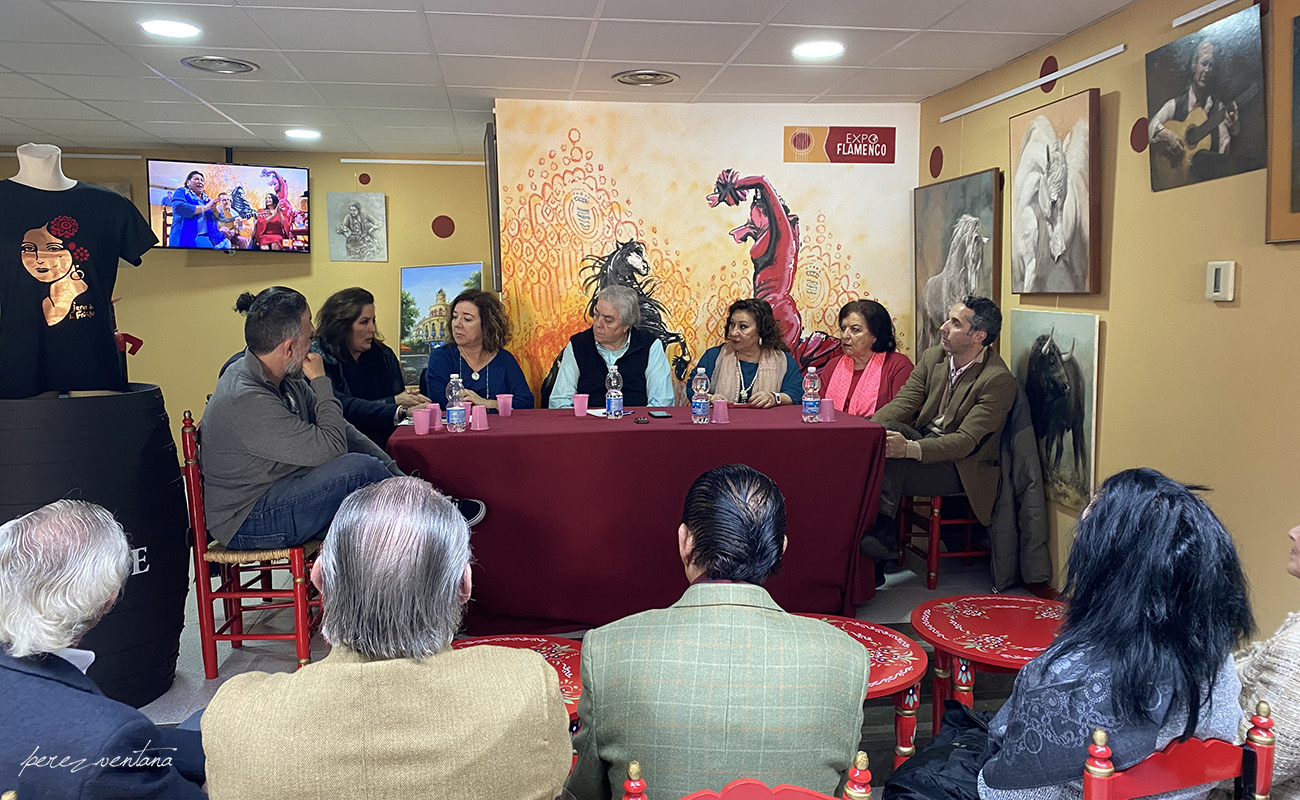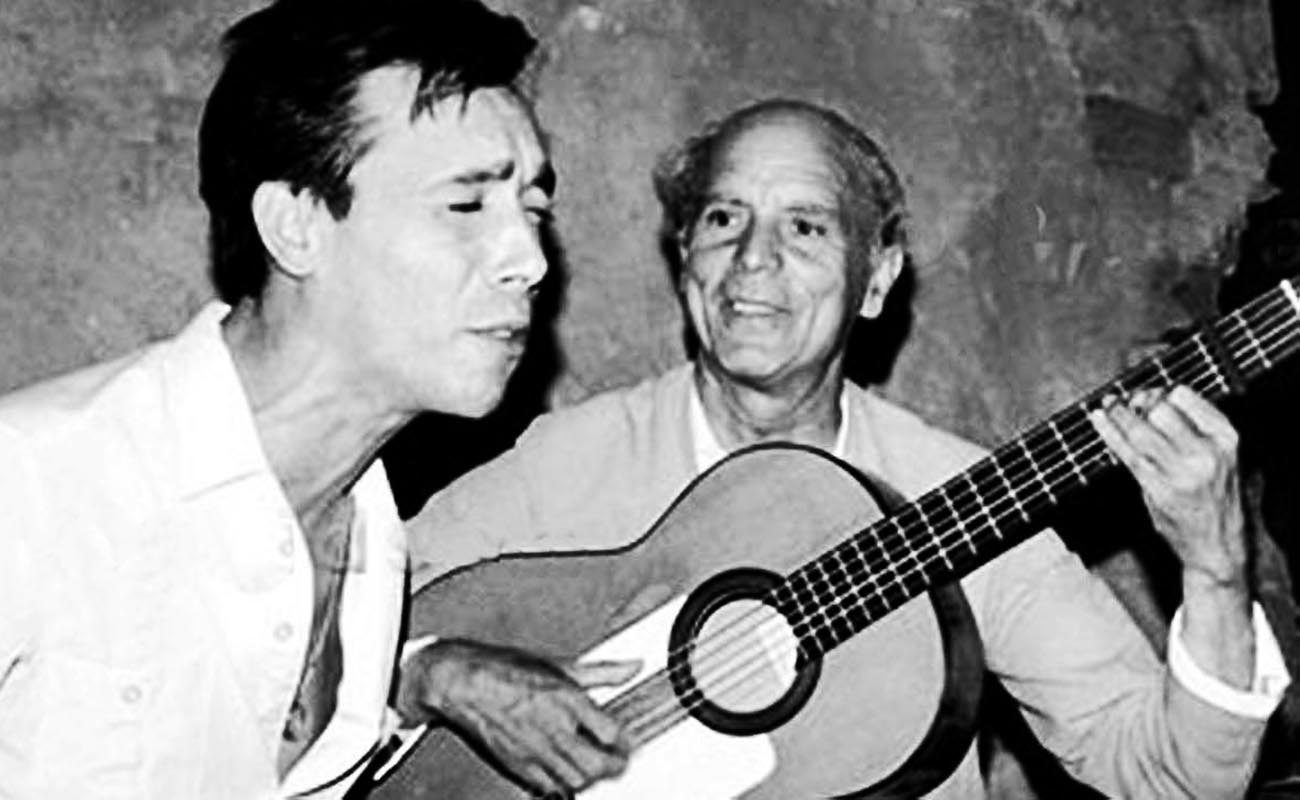The inmortal Fernando Terremoto
An illness took him away from us ten years ago, leaving us orphans of his pure flamenco voice and of a way of singing that’s slipping through our fingers. Fernando wasn’t a fabricated cantaor. He was a gifted, flesh-and-blood vital artist with an incredible ability to get his depth inside our souls.

I’m not sure if it’s a good or a bad thing refusing to forget the flamenco artists who are no longer with us. Some younger aficionados greatly dislike when the older among us commemorate anniversaries and even make fun of us when we leave flowers or a soleá on their graves. It’s a mistake to think that cantaores leave us when they die. It’s the other way around: many times, the moment of their death is when stay with us forever. February 13th will be the tenth anniversary of the death of Fernando Fernández Pantoja, Terremoto Hijo (born in Jerez in 1969). Ten years already, how time flies.
I first met Fernando Terremoto in the early days of his career, when we were introduced to each other one morning in Seville and I was amazed at how humble he was. I listened to him singing por bulerías and I have to admit that I thought he was a kid trapped in the memory of his father, whom I knew well. It was uncanny how much Fernando resembled his father, not only in the way he sang but also in the way he talked. At the time, I didn’t think he would have much success as cantaor. Yet, one night I listened to him in a full recital and I realized there was much more in him beyond the memory of his father. That evening he sang bulerías para escuchar and also the traditional cantes festeros of his hometown. He nailed the seguiriyas of Juan Mojama, the malagueñas of Mellizo, the tangos of Frijones and the soleares of Sarneta, Juaniquí and Joaquín el de la Paula. He performed everything putting the lyrics in the right places, with an exquisite sense of rhythm and showing that he knew exactly what he was doing. I know that this may sound overblown to some people, but Fernando bettered his father in many aspects. I told him that one day, and he was very happy about it, perhaps because he was tired of the comparisons and of people claiming he was just an imitator. He also got upset with me now and then, for similar reasons, as I told him that his father was unique and irreplaceable, and that he should find his own artistic path.
«The day he died, he didn’t depart anywhere else: he stayed with us forever, like his father, Juanito Mojama, Tomás Pavón or Carbonerillo. Immortality is not decided by those who pass away, but by those who refuse to accept their deaths»
I remember great performances by Fernando, most of them in Seville, where he lived for some years. One night he sang por bulerías at the Lope de Vega National Theater in a way the he made even the pigeons at María Luisa park get up and dance. His sound and rhythm were like no other, and he was the true king of the bulería corta de Jerez, singing with breathtaking speed and never messing up the melody or the meter. He sang with gusto and feeling, unconstrained, with an exceptional vocalization. Yet, one day, in a gathering in Triana, someone gave me the news that he had been diagnosed with a terrible illness and that he was in his deathbed. It was one of those news that are hard to believe, because he was young and strong and, above all, because he was such a nice person. Sadly, that illness took him away from us ten years ago, leaving us orphans of his pure flamenco voice and of a way of singing that’s slipping through our fingers. Fernando wasn’t a fabricated cantaor. He was a gifted, flesh-and-blood vital artist with an incredible ability to get his depth inside our souls.
Whenever I visit Jerez and wander about its streets, I always have Fernando in my mind and I remember him walking in Triana or chatting at José Lérida’s tavern, which no longer exists. Antonio Mairena was right when he said that the purest cante evoked the landscape, and a cante por soleá de Alcalá should take us with our eyes closed to the foot of the Alcalá Castle, where Joaquín el de la Paula, Manolito el de María and Enriquillo lived. Whenever we listened to Fernando, even if it was in France, we would close our eyes and be transported to the Santiago district of Jerez, smell the jasmine scent of its tenements and taste the wine of its taverns. That’s why I say that the day Fernando died, he didn’t depart anywhere else: he stayed with us forever, like his father, Juanito Mojama, Tomás Pavón or Carbonerillo. Only what we forget truly dies, and some voices are impossible to forget. Immortality is not decided by those who pass away, but by those who refuse to accept their deaths.




